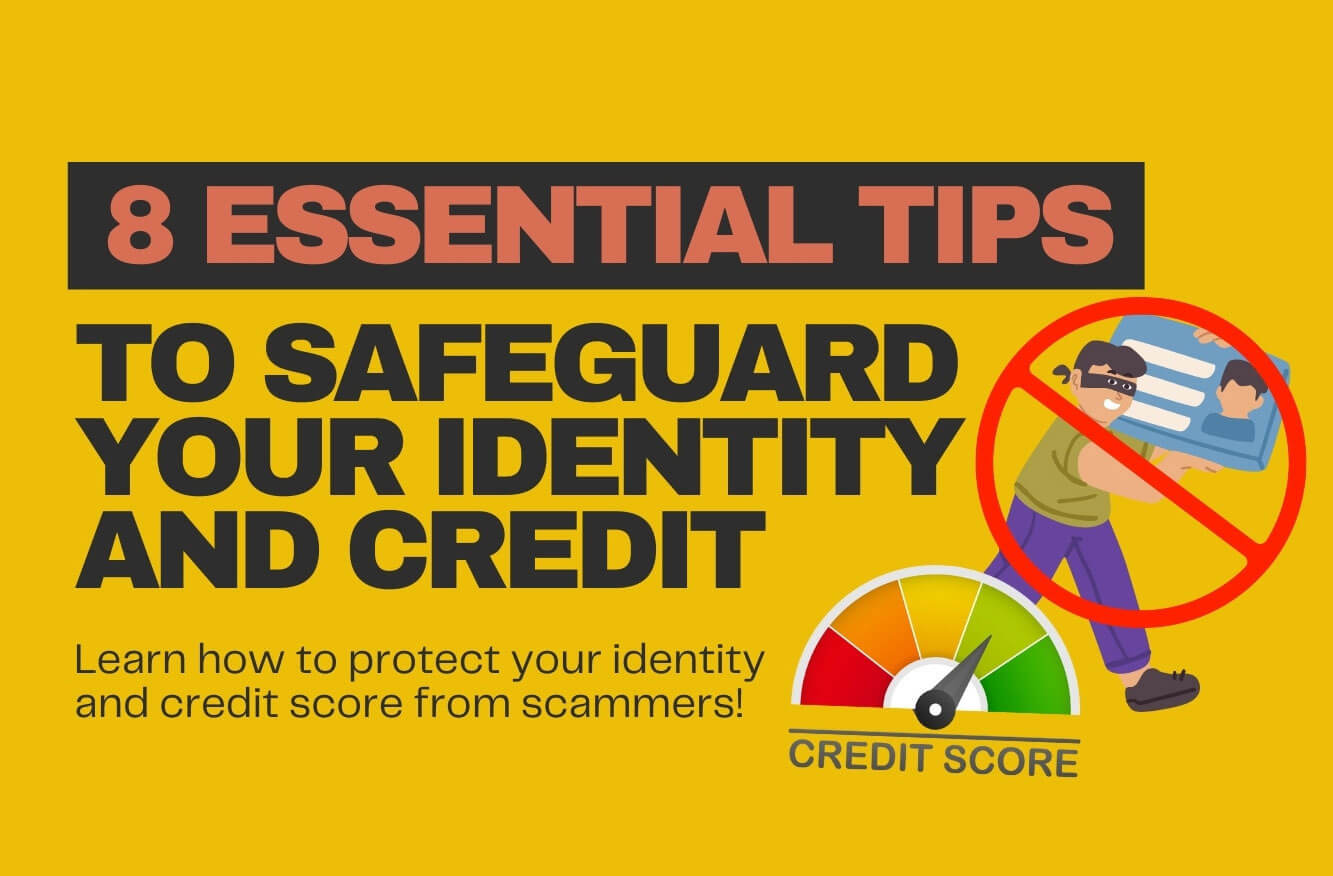In today’s digital age, protecting your identity and financial information is more crucial than ever. Don’t end up as a horror story on r/IdentityTheft!
Identity theft and credit hacking can lead to devastating consequences, including drained bank accounts, ruined credit scores, and endless hours spent trying to regain control. Fortunately, by taking proactive steps, you can significantly reduce the risk of becoming a victim. Here are some essential tips to safeguard your identity and credit.
1. Implement a Credit Freeze
One of the most effective ways to protect your credit is by freezing it. A credit freeze prevents potential lenders from accessing your credit report, making it difficult for identity thieves to open new accounts in your name. You can freeze your credit with the three major credit bureaus: Experian, Equifax, and TransUnion. This action won’t affect your credit score, but it does mean you’ll need to temporarily unfreeze your credit when applying for new credit cards or loans. However, I personally find that this is a small price to pay for long-term peace of mind. It only takes about 5 minutes to temporarily unfreeze all three, and you can choose a date on which the unfreezes expire.
2. Use Unique Passwords for Banking Sites and Apps
Using the same password across multiple sites is a common but dangerous habit. If a hacker gains access to one of your accounts, they can easily try the same credentials on your banking sites, leading to potential financial disaster. Instead, use a password manager like 1Password (my favorite) to generate and store long, random passwords. These tools not only help you create strong passwords but also keep them securely stored, so you don’t have to remember them all.
3. Confirm Before Providing Your Social Security Number
Your Social Security number (SSN) is a critical piece of your identity, and it should be shared sparingly. Before providing it to a company, ask if they truly need your full SSN or if the last four digits will suffice. Many organizations only require partial information to verify your identity, which limits the exposure of your full SSN to potential thieves.
I once called a home improvement loan provider who asked for my full social security number. When I pushed back and asked whether it was necessary when I had not yet decided to take on a loan, they acknowledged that they only needed the last four digits. Needless to say, I found this to be pretty annoying. Be sure to push back if you ever feel uncomfortable about providing your full social security number.
4. Shred Documents with Personal Information
Even though most of your important bills and documents are likely to be digital, physical documents containing personal information can be a goldmine for identity thieves. You can get a perfectly decent shredder for under $35, so there’s really no excuse not to make it a habit to shred any documents that contain sensitive information, such as bank statements, medical bills, and tax documents. This simple step can prevent your information from ending up in the wrong hands.
5. Reset Devices Before Selling or Recycling
Before you sell or recycle your laptop, phone, or any other device, ensure that you’ve reset it to factory settings. This step wipes all personal data from the device, making it much harder for anyone to recover your information. Even if you believe you’ve deleted everything, traces of personal data can remain unless the device is properly wiped.
6. Avoid Logging into Banking Apps on Public Wi-Fi
Public Wi-Fi networks are convenient but notoriously insecure. Logging into your banking apps or other sensitive accounts on public Wi-Fi can expose your data to hackers who might be lurking on the same network. If you must access your bank account while out and about, use a virtual private network (VPN) to encrypt your connection and protect your information.
7. Enable Two-Factor Authentication
Two-factor authentication (2FA) adds an extra layer of security to your accounts. Even if a hacker manages to obtain your password, they’ll still need access to a second factor—such as a code sent to your phone or email—to log in. Enable 2FA on all your financial accounts and any other accounts that support it to make it significantly harder for unauthorized users to gain access. I personally use Google Authenticator whenever possible.
8. Report Suspicious Charges Immediately
If you notice any suspicious charges on your bank or credit card statements, report them immediately. Most banks and credit card companies have a limited window for disputing fraudulent charges, so time is of the essence. Additionally, many banking apps allow you to lock your card temporarily if you suspect it’s been compromised, preventing further unauthorized transactions.
Protecting yourself from identity theft and credit hacking requires vigilance and proactive measures. By following these tips, you can significantly reduce the risk of your personal and financial information falling into the wrong hands. Remember, it’s always better to be safe than sorry when it comes to your identity and financial security—rebuilding your credit score or worse; rebuilding your savings, isn't something that can be done overnight.




.png)










.png)










